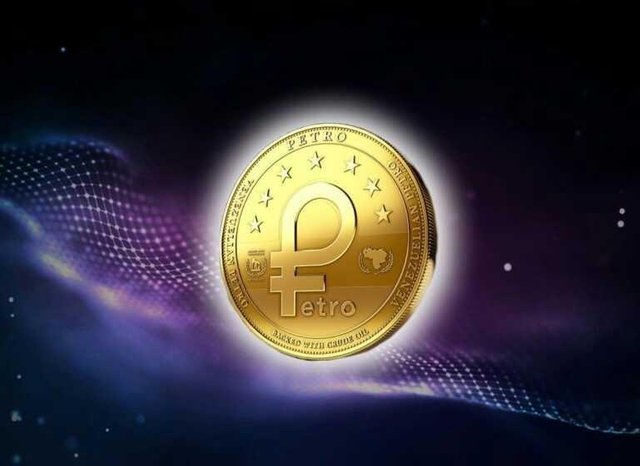
Venezuela Makes Petro Cryptocurrency A National Currency

Venezuela makes Petro, a cryptocurrency backed by the country’s oil reserves, a national currency. Introducing Petro happened in early 2018, but until last weekend, no one was paying Petro cryptocurrency any attention. Now, the world is watching as Venezuela becomes the first country to ever peg their national currency, the bolívar, to a cryptocurrency. Venezuela is hoping cryptocurrency will bolster their struggling economy and counteract staggering inflation rates—all while making crypto history.
Venezuela’s Economic Crisis
Venezuela, a country that primarily relies on oil exports, has been in economic crisis since 2010. Oil accounts for approximately 50% of their GDP, so when oil prices plummeted in 2015, Venezuela’s economy hit rock bottom.
As a result, Venezuela has the highest inflation rate in the world. Though the government no longer publishes official calculations, the New York Times estimates that Venezuela’s inflation rate will reach 1,000,000% by the end of 2018. Today, Venezuela’s bolívar is worth approximately $0.0000040 USD.
To make matters worse, Venezuela is experiencing extreme supply shortages. Necessities like milk, flour, and medicine are hard to come by. When they are available, people have to wait in hours-long lines, if they can even afford them at all. Due to soaring exchange rates, people cannot afford to import goods.
Though citizens become more desperate by the day, the Venezuelan government refuses all international aid. Instead, they’re looking to increase international trade with a government-backed cryptocurrency.
Petro Cryptocurrency: Venezuela’s National Currency
Venezuela Makes Petro Cryptocurrency A National CurrencyIn February 2018, Venezuela introduced the world to its last resort: a government-backed cryptocurrency. The Venezuelan government has announced that they will only issue 100 million Petros, worth around 3,600 bolívars each. This is approximately $60 USD. Petro had two pre-sales earlier this year, but not all coins have been sold.
Theoretically, Venezuela’s extensive gas, oil, diamond and gold reserves back the Petro. Unlike other decentralized cryptocurrencies like bitcoin, Petro cryptocurrency is considered fiat. This means the crypto is backed by something tangible and government-issued.
Furthermore, Venezuela is hoping that the Petro will attract investors. The Petro’s White Paper explains: “The State shall promote and encourage the use of Petro to consolidating it as an investment option, savings mechanism, and means of exchange with State services, industry, commerce, and citizens in general.”
This weekend, Venezuela’s president Nicolás Maduro announced that they’re pegging the bolívar to the Petro, and devaluing their old currency by 95%. This is the first time in history that a government has linked fiat’s value to cryptocurrency.
Most people are wary of the Petro because the Venezuelan government hasn’t been clear on exactly how natural resources back it. But pegging the bolívar to Petro could have significant short-term benefits. For one, it’ll counteract the bolívar’s insane inflation rates. Coupled with the government’s decision to raise the minimum wage by 3000%, the Petro could help Venezuelans pay smaller sums for goods.
Petro Cryptocurrency Becomes Venezuela’s National Currency
This is the first time in history that a government has made a cryptocurrency their national currency. Though it’s hard to say exactly how oil reserves relate to the Petro, or how this differs from Venezuela’s already oil-dependent economy, this measure will at the very least, make life a little easier in Venezuela in the short term.
Venezuela’s Petro isn’t the only cryptocurrency with big ambitions for the developing world. Akon released a cryptocurrency that he hopes will boost economic activity in his native country, Senegal. In both cases, only time will show whether a cryptocurrency can help a struggling economy, whether in Venezuela or elsewhere.